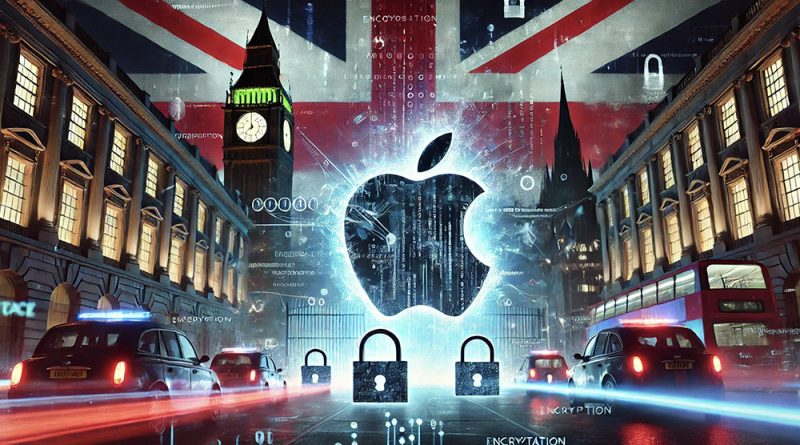Britain’s Battle With Apple: A War That May Be Backfiring
In a dramatic twist that echoes past controversies, Britain’s Home Office has taken a bold stand against Apple—one that not only risks igniting a transatlantic showdown but also appears to be undermining its own citizens’ digital security.
A Conflict Rooted in History
The animosity between government authorities and Apple is not new. Recall the harrowing events of December 2015, when the FBI’s request to unlock an iPhone belonging to a terrorist suspect sparked a fierce debate over privacy and security. Apple’s then-CEO, Tim Cook, made it clear that creating a backdoor for law enforcement would endanger the digital safety of millions. His stance resonated worldwide, emphasizing that a vulnerability created for one could easily be exploited by malicious actors.
The New Front: Breaking iCloud’s Encryption
Fast forward to today. A bombshell report from The Washington Post has revealed that the UK Home Office secretly ordered Apple to develop a method for bypassing the robust encryption of its iCloud storage service—a feature known as Advanced Data Protection. Instead of capitulating, Apple chose a drastic countermeasure: it removed the feature from British iPhones altogether. For Apple, this was a clear message that it would rather degrade the security of its users than build a master key that could potentially unlock every encrypted file.
The Stakes of the Digital War
This decision has far-reaching consequences. By pulling Advanced Data Protection, Apple has effectively downgraded the security of British customers, exposing them to higher risks amid an era of escalating cyber threats. Privacy and security advocates have vocally criticized the move, arguing that it compromises not only individual privacy but also the overall integrity of digital communications. The Home Office, meanwhile, sees its mandate as essential for national security—insisting that law enforcement must have the means to access encrypted data to protect the public.
The “Snooper’s Charter” Revisited
The roots of this conflict extend deep into Britain’s surveillance history. Earlier attempts, such as the controversial “snooper’s charter” under Theresa May and later the Investigatory Powers Act, have long placed the government at odds with tech giants over the balance between security and privacy. At that time, Apple warned that any backdoor could just as easily fall into the hands of criminals as it would help authorities. Despite the evolution of threats—ranging from cyberattacks to relentless scams—the principle remains unchanged: creating a universal key endangers everyone.
A Diplomatic and Technological Quagmire
The ripples of this dispute are now reaching far beyond Britain’s shores. With U.S. lawmakers and even figures like Elon Musk weighing in, the stage is set for a potential transatlantic standoff. Some U.S. politicians have already criticized the UK’s approach, urging the government to reconsider its overreach. Former officials from the UK’s own cybersecurity apparatus warn that a master key capable of breaking encryption on any device would undermine the safety of all users, not just those suspected of wrongdoing.
As negotiations and diplomatic pressure mount, it appears that Britain’s attempt to enforce its surveillance agenda on a global tech titan might be a battle it cannot win. The commercial imperatives of companies like Apple, combined with the geopolitical forces at play, suggest that forcing a backdoor may ultimately backfire—compromising the very security and privacy that modern society increasingly depends on.
A Fight With No Clear Winner
In this unfolding saga, Britain stands at a crossroads. Its determination to assert control over encryption could set a dangerous precedent, one that might force global companies to choose between complying with national orders or upholding the security standards their customers demand. As the conflict deepens, the outcome remains uncertain. What is clear, however, is that in the realm of digital security, any compromise on encryption is a risk not only to individual privacy but to the integrity of the entire digital ecosystem.
Britain’s war on Apple is more than just a regulatory dispute—it’s a battle over the future of privacy, security, and trust in an increasingly interconnected world.

